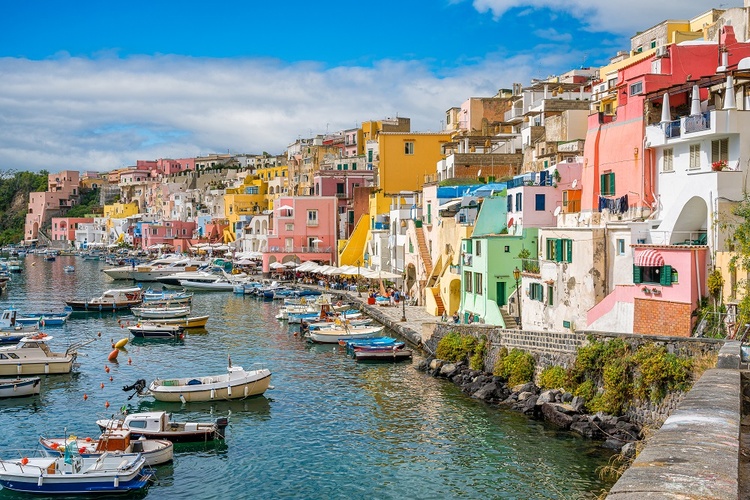The 10 finalists vying for the title are: Ascoli Piceno, in Le Marche; Chioggia, in Veneto; Grosseto, in Tuscany; Mesagne, in Puglia; Pesaro, in Le Marche; Sestri Levante/Tigullio, in Liguria; Siracusa, in Sicily; Paestum/Alto Cilento, in Campania; Viareggio, in Tuscany; and Vicenza, in Veneto.
The towns and cities competing for the title must present their bids via video link to a jury in the first week of March.
The jury will then select the most suitable candidate for the prestigious title and propose it to Culture Minister Dario Franceschini.
This year’s Capital of Culture is Procida, the tiny island in the Gulf of Naples, while the title will be handed to Brescia and Bergamo in 2023 after the government bypassed the usual application process in 2020 in a “symbol of rebirth” for the two northern cities devastated by the COVID-19 pandemic.
In recent years, Italy’s Capital of Culture title was assigned jointly to the cities of Cagliari, Lecce, Perugia, Ravenna and Siena in 2015; Mantua in 2016; Pistoia in 2017; and Palermo in 2018.
The initiative skipped a year in 2019 when the city of Matera, in the southern Basilicata region, was named the European Capital of Culture.
Parma took the title in 2020 and held it for two years to compensate for the negative effects of the lockdowns induced by the COVID-19 pandemic.











